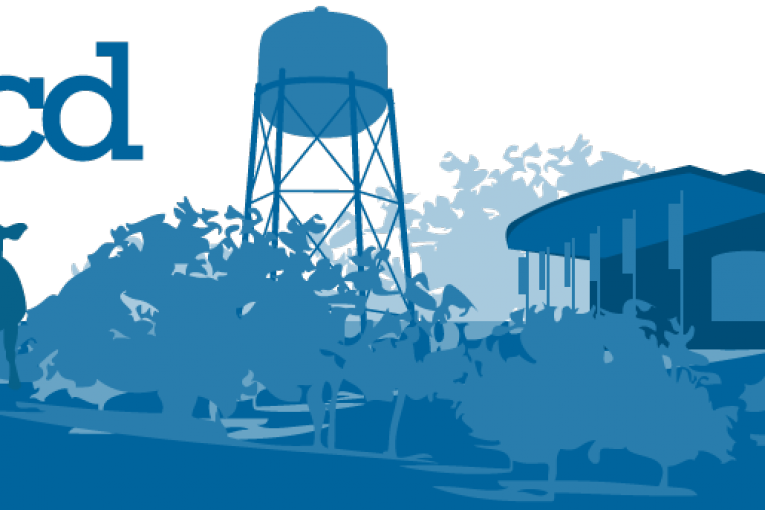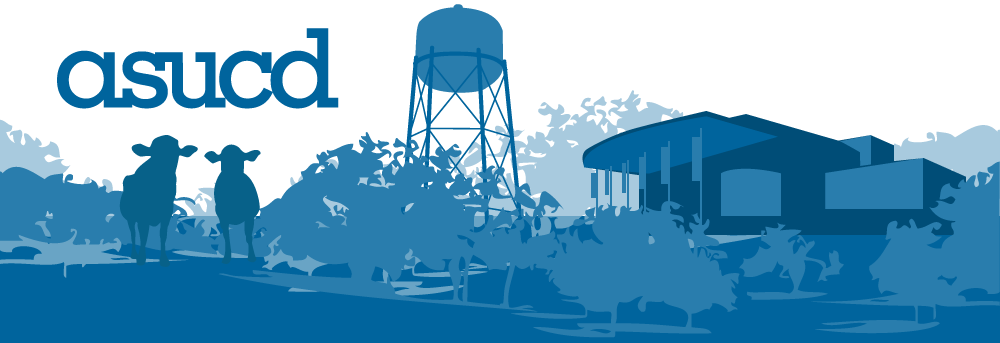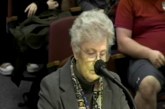

By Stacy Hernandez
DAVIS – On Tuesday afternoon, the Associated Students, University of California, Davis (ASUCD) held its senator debate over Zoom for the fall 2020 elections.
Fifteen candidates ran for six seats in the ASUCD Senate. However, only the following four candidates were present at the debate: Ryan Manriquez, Erika Valle, Logan Legg and Devin Santiago-Vergara. They all ran as part of the BASED slate.
Maria Martinez, who was running for reelection as External Vice President, was also in attendance.
The debate was structured in a way that allowed the candidates to answer questions prepared by the moderators as well as those from the audience.
Each candidate began by giving a brief overview of their platform as well as the steps they planned to take in achieving what they have promised in their platform.
Manriquez began by explaining that his platform consisted of fighting for the inclusion of those with disabilities, helping students get involved with ASUCD and bringing awareness to the pressing issue of mental health.
“So, I just want everyone to know – I’m a student with a disability. I know the obstacles one has to face in order to receive an equal education,” Manriquez stated. “I want to make sure that all students with disabilities have an equal opportunity to thrive here at UC Davis.”
Valle went next by sharing that the platforms she was running on was for transfer student representation, off campus advocacy, and diversity and representation.
As an interim senator, she mentioned that she has had experience co-authoring legislation with the EAVP (External Affairs Vice President) office.
Valle also noted that 24 percent of students at UC Davis are transfers, which theoretically, would mean that a quarter of the senate table would be composed of transfer students. However, Valle said that this isn’t the case.
“As an interim senator, I am the only transfer on the table, and to me, that’s kind of wild,” she said. “And a lot of the time, us as transfer students feel that it’s difficult not only to get involved with ASUCD, but with campus activities in general.”
Legg echoed Valle’s commitment to address housing issues. His other platforms also included awareness for sexual assault, police reform and sustainability.
Santiago-Vergara’s platforms called for more ASUCD transparency and for increased support for marginalized communities.
As the debate continued, candidates were also asked specific questions about the campaign they were running on.
When asked what specific projects she would work on if reelected as EAVP, Martinez responded that she would like to work on doubling the Pell grant.
“So what this is going to look like is number one: we’re going to roll out an awareness and educational campaign towards the end of this quarter starting to get folks primed for advocacy next quarter,” Martinez explained.
“And in winter, the game plan that we have is hosting a couple of events where we can talk about doubling the Pell and folks would be able to communicate with people from government community relations and financial aid.”
Candidates also had the opportunity to answer questions from the public. UC Davis’ recent shift to Equitable Access was one of the issues raised by the public, and candidates were asked what their position on the program was.
“Equitable Access is not equitable – period,” began Santiago-Vergara. “Speaking from personal experiences and from what many other friends and classmates said, opting out is honestly the best financial decision.”
Other candidates echoed this sentiment and expressed their frustration that students are automatically opted in for the program.
“I know a lot of incoming students that don’t really know the full information on Equitable Access won’t know better,” said Valle. “They won’t realize you could get these textbooks for cheaper at other places, whether it’s ordering them online or going on Facebook Marketplace.”
Candidates were also asked to explain why they were running on a specific slate, which in the case of all the candidates present, was BASED.
ASUCD candidates can run as part of BASED, Thrive or as independents.
Legg began by proclaiming that slates were irrelevant. “At the end of the day, we’re running on them [slates], but we don’t represent them. We represent the student body.”
Valle agreed that slates are not fully significant, and that she chose to run BASED because she found a community of people with similar values.
Santiago-Vergara shared that BASED had reached out to his community in the past, which is why he chose to run on that particular slate.
Manriquez also said he chose to run BASED because they focused on advocacy for minority communities.
The fall 2020 elections took place this week and results can be found here.




